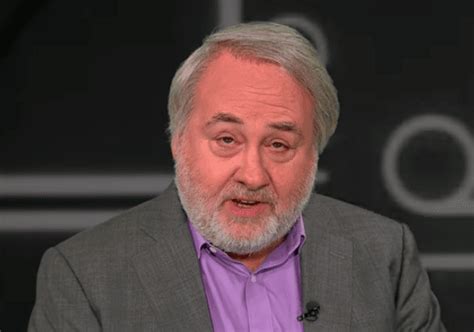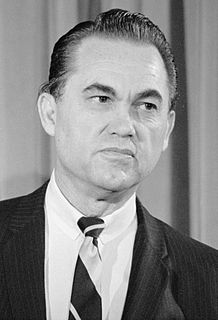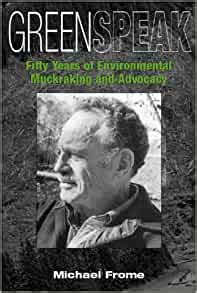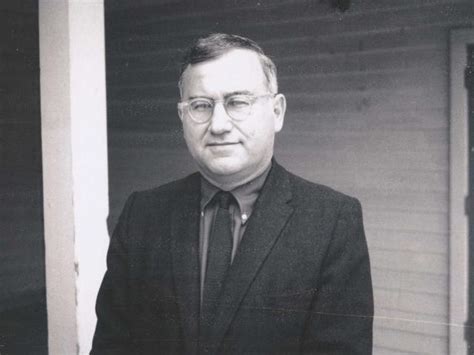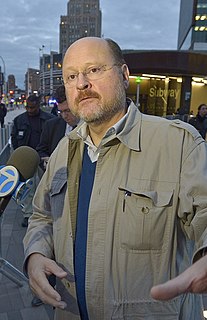A Quote by Jeffrey Pfeffer
Lyndon Johnson (with Abraham Lincoln close behind). Johnson was able to get things done, to read other people, and to adjust his own approach accordingly. One of the reasons he has so fascinated biographer Robert Caro over the years is Johnson's consummate skill in acquiring and using influence.
Related Quotes
Now in my view, if you were to line up the Presidents in the order of who made the greatest accomplishments, you'd put Lyndon Johnson in that arena with both Roosevelts probably, and [Abraham] Lincoln and so on. But the idea that Lyndon Johnson was operating as a free agent and coming up with these ideas on his own is nonsense.
I had, in college, a professor called Walter Jackson Bate, and he taught a course called The Age of Johnson. It's about Samuel Johnson and his period, 18th-century British writing. So we all got to endure Samuel Johnson, and Boswell's 'Life of Johnson' is now my favorite book. I read it all the time I can; it's great for going to sleep.
One of the things that I'm doing and I'm - we have the Johnson Amendment. You know what that is. That Lyndon Johnson in the 1950s passed an amendment because supposedly he was having a hard time with a church in Houston, with a pastor. And he passed an amendment saying basically if you're a pastor, if you're a religious person, you cannot get up and talk politics.
The comparison between Coleridge and Johnson is obvious in so far as each held sway chiefly by the power of his tongue. The difference between their methods is so marked that it is tempting, but also unnecessary, to judge one to be inferior to the other. Johnson was robust, combative, and concrete; Coleridge was the opposite. The contrast was perhaps in his mind when he said of Johnson: "his bow-wow manner must have had a good deal to do with the effect produced.
Johnson is wise, Boswell foolish; Johnson warns and abstains, Boswell plunges; Johnson is rather a great man writing than a greatwriter, Boswell is a great writer and an ordinary man; and they are two of a kind, abysmal melancholics and compulsive socializers, afraid of solitude and afraid of death and dissolution, victims of themselves, meant for each other, needing each other, needing evidence and arguments (Boswell is a lawyer, Johnson magisterially dictates to him some of his briefs), making beautiful models of rational discourse out of the useful substance of all they know.



